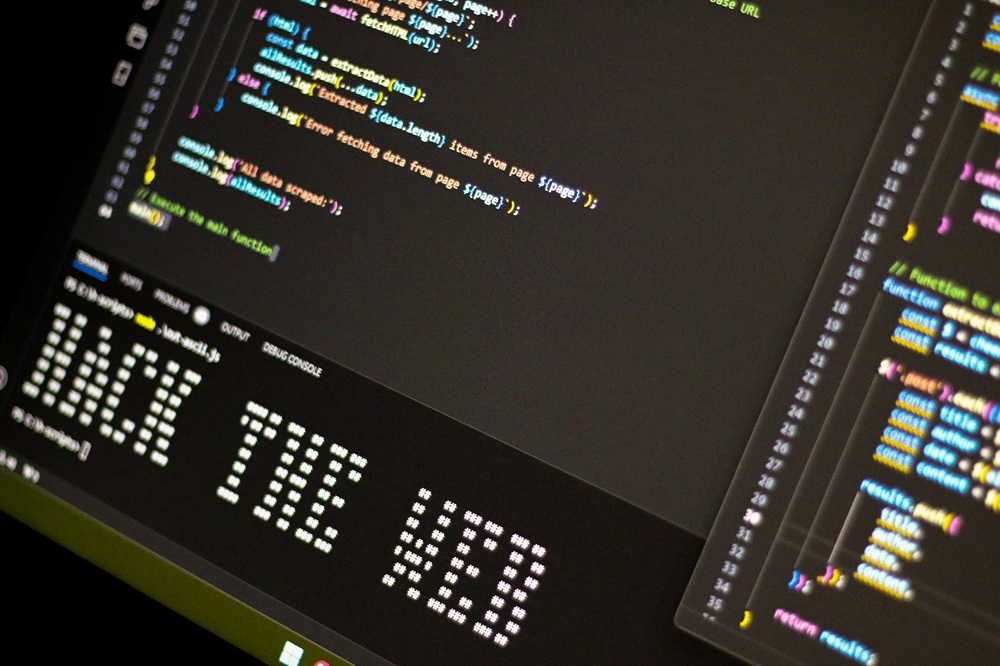Europe has become one of the regions hardest hit by cyberattacks this year, according to a new report by NETSCOUT.
The American cloud security firm said more than 8 million digital attacks struck globally in the first half of 2025. The Europe, Middle East and Africa (EMEA) region endured 3.2 million distributed denial of service (DDoS) attacks that briefly disabled telecommunications networks.
Most disruptions lasted between five and fifteen minutes, with Germany, France, Poland and Italy heavily targeted, alongside Saudi Arabia and Russia. NETSCOUT described DDoS attacks as “precision-guided weapons” capable of destabilising infrastructure and creating unprecedented cyber risks.
Hacktivists are increasingly using artificial intelligence to evade detection, spread attacks and breach security across multiple internet providers. Tools like WormGPT and FraudGPT, sold on the Dark Web, are designed to create phishing emails, steal passwords and conduct business email compromise scams.
These scams cost global businesses millions annually, with smaller firms particularly vulnerable, according to Microsoft. Experts warn traditional security measures are no longer enough to stop AI-driven threats.
The report also highlighted that cyberattacks are closely linked to world events. Italy faced coordinated assaults on public services earlier this year, while the World Economic Forum in Davos endured over 1,400 attacks during its annual conference.
Iran experienced more than 15,000 attacks since mid-June, reflecting rising regional tensions. Security analysts say the surge in DDoS campaigns shows how cyber warfare is now deeply tied to politics, activism and crime, with attackers able to destabilise organisations worldwide faster than ever.


